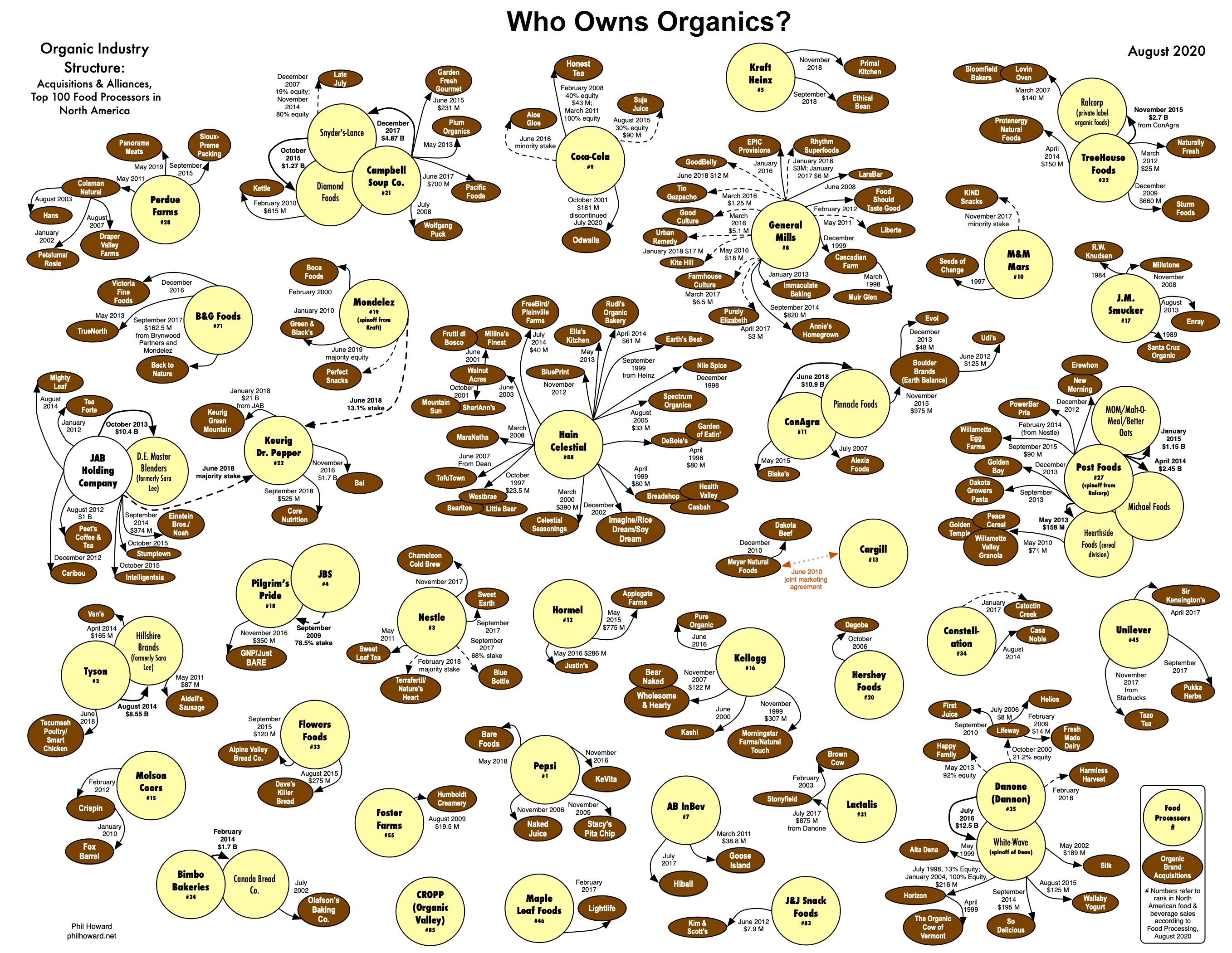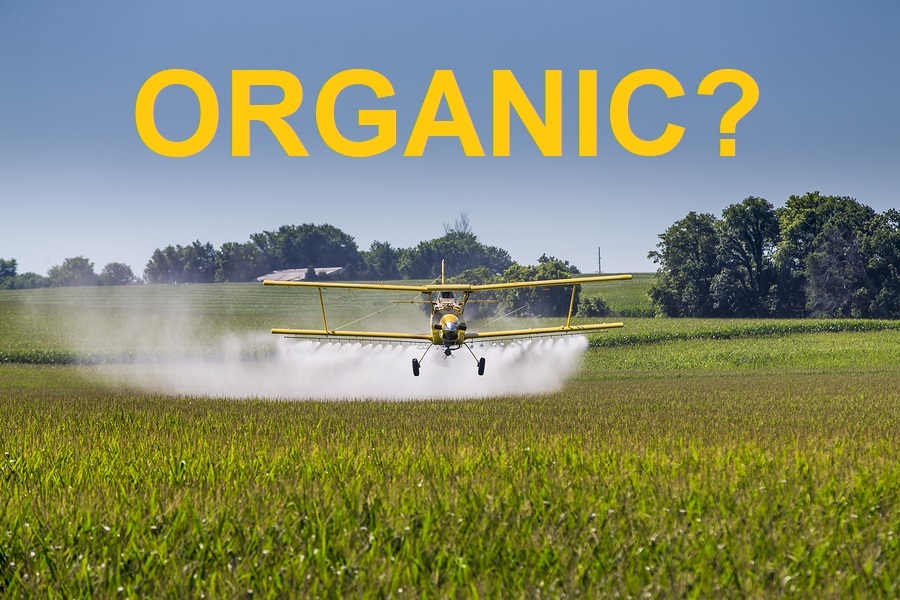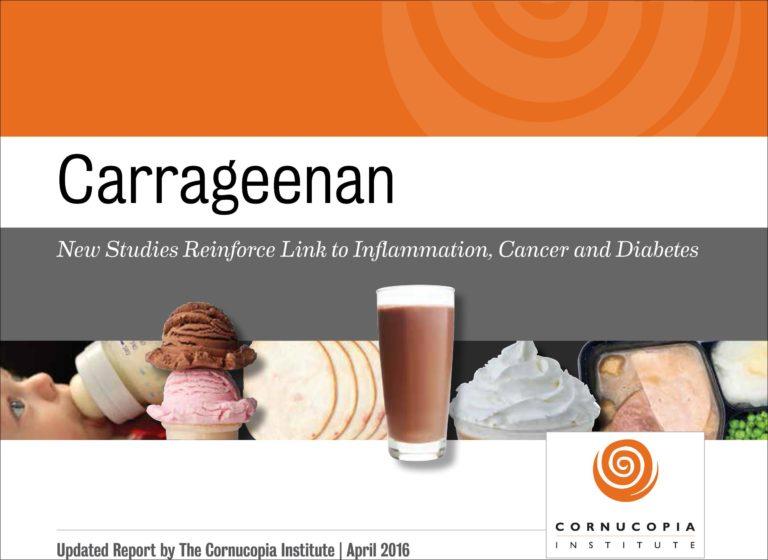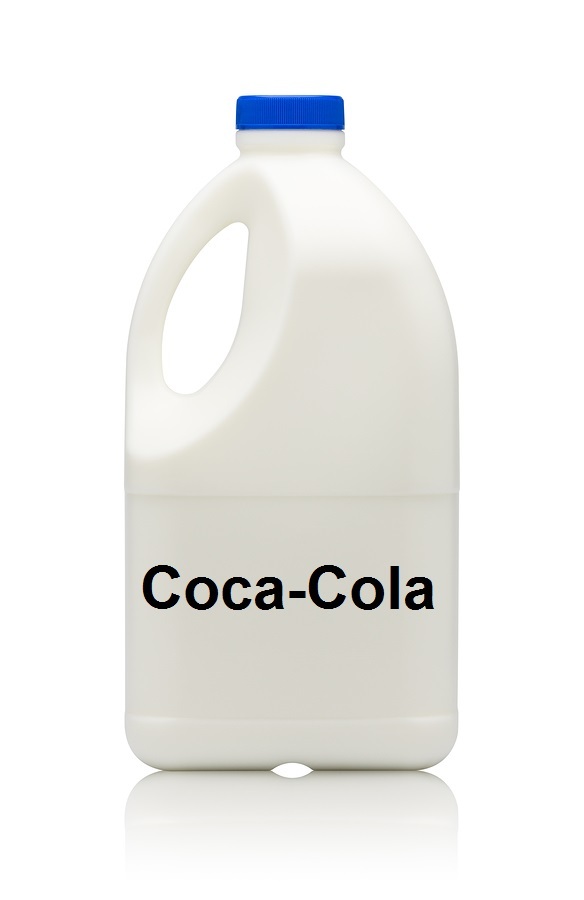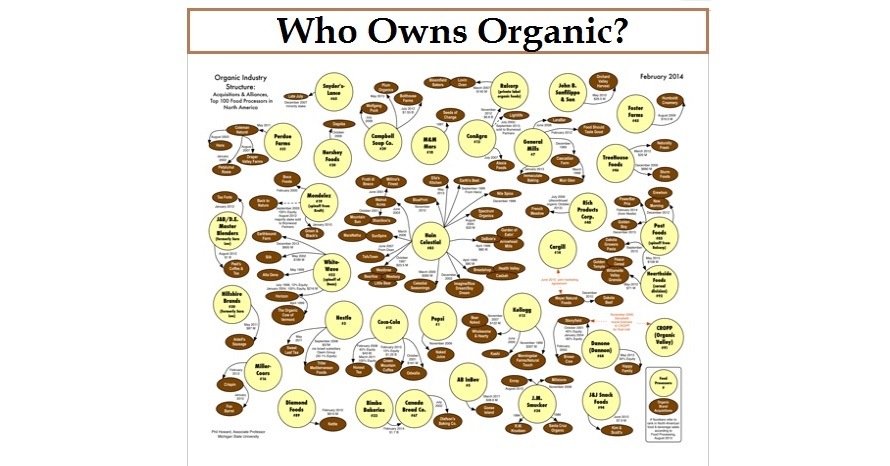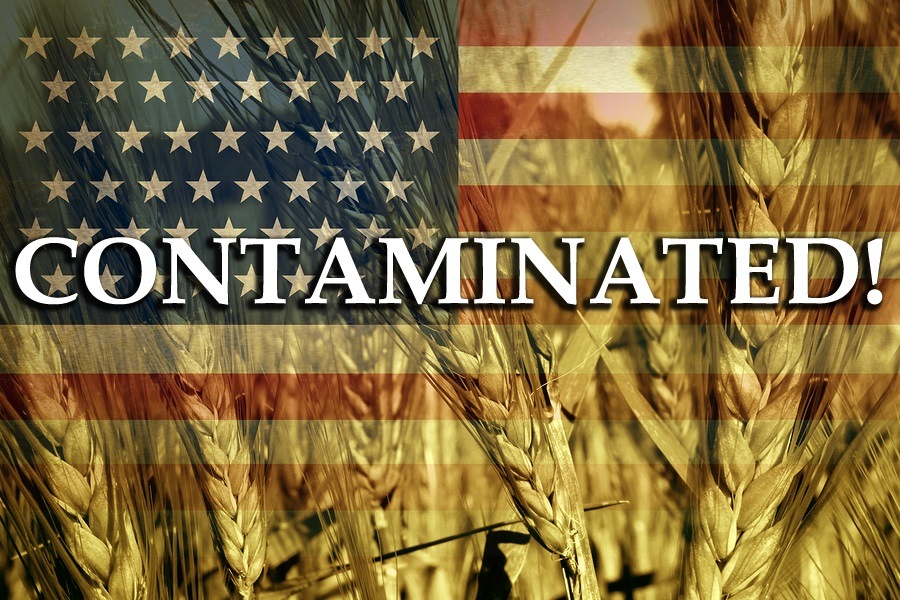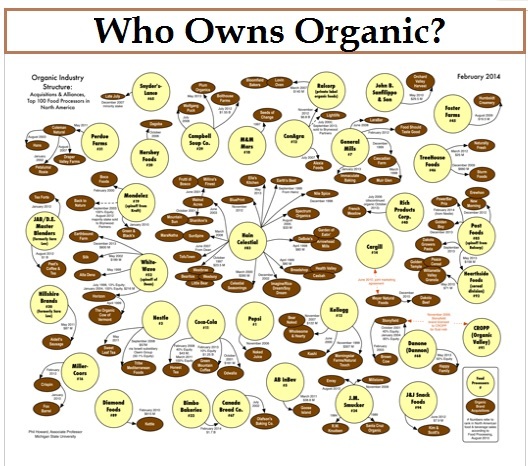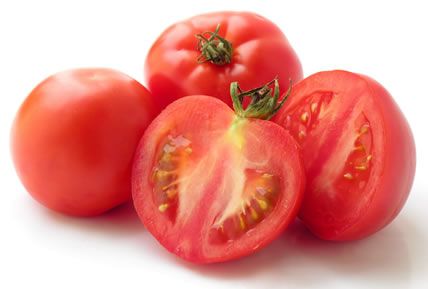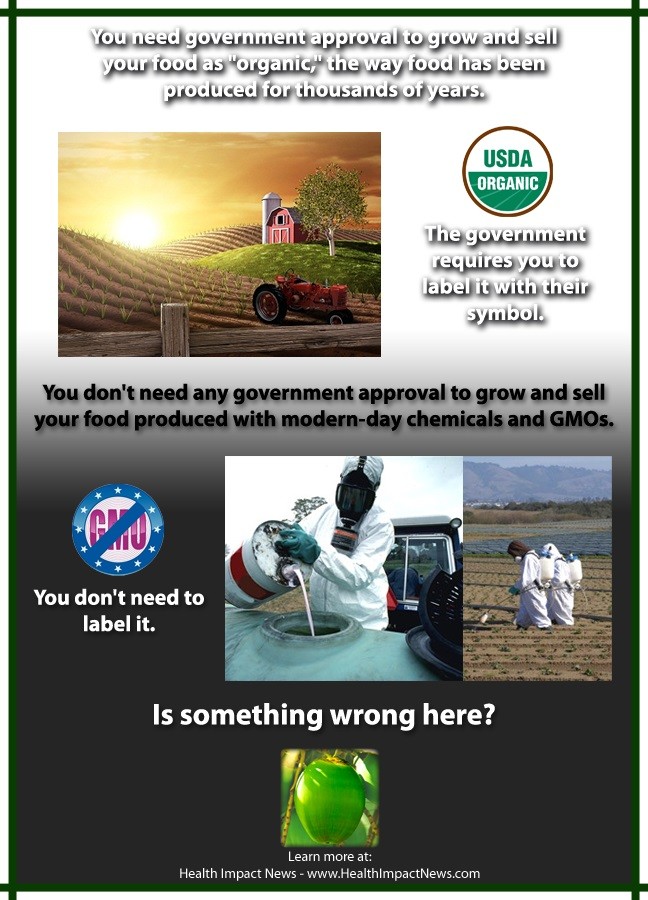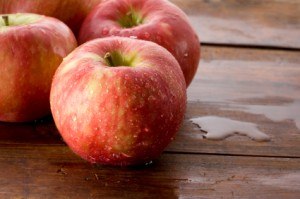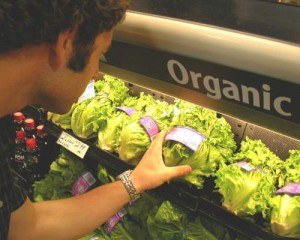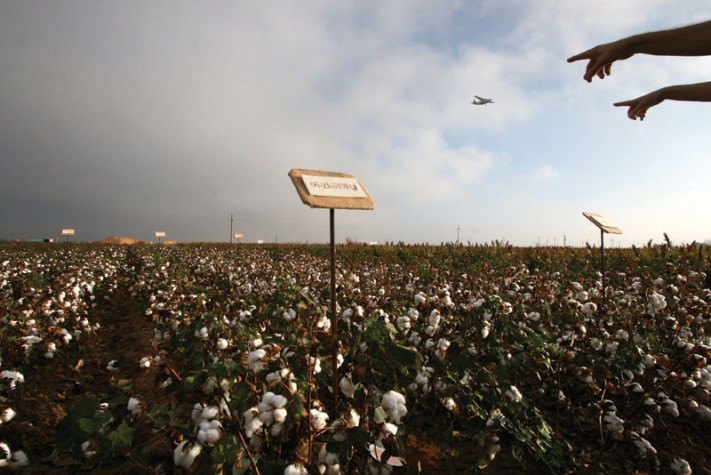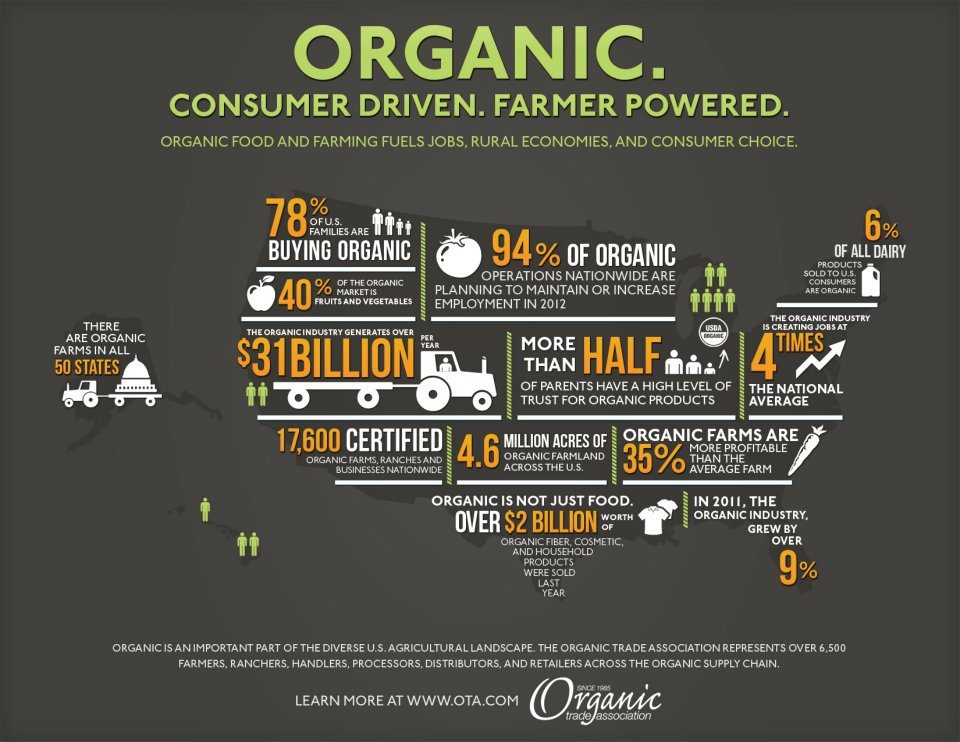Big Food has Taken Over the USDA National Organic Program – Why I am no Longer Importing Certified Organic Food
Since the United States Department of Agriculture (USDA) developed standards for organic foods to be certified as "organic" by the USDA's National Organic Program (NOP) in 2002, the quality of organic food sold in the U.S. has been rapidly declining, as the major food corporations that control most of the nation's food supply have continually applied pressure to the USDA to lower those organic standards so that they could capitalize on consumer demand for "certified organic" food, while still mass producing their food the same way they produce conventional (non-organic) foods. Unfortunately, things have only become worse here in 2024 for the USDA certified organic program, in terms of consolidating power for the industry for Corporate Big Food. When the United States was founded back in the 1700s, about 90% of the population was employed in agriculture. By the time of the Civil War under President Lincoln, that number had fallen to about 50%. Today, just a handful of companies produce our food, with less than 2% of the population employed in agriculture. In short, we are just one disaster away from our entire food chain collapsing. If you are among the tens of millions of people in the U.S. who rely on grocery store chains to purchase your food, and have never considered what you would do if the shelves of those stores went bare, then it is time you change your thinking and buying habits when it comes to food.




